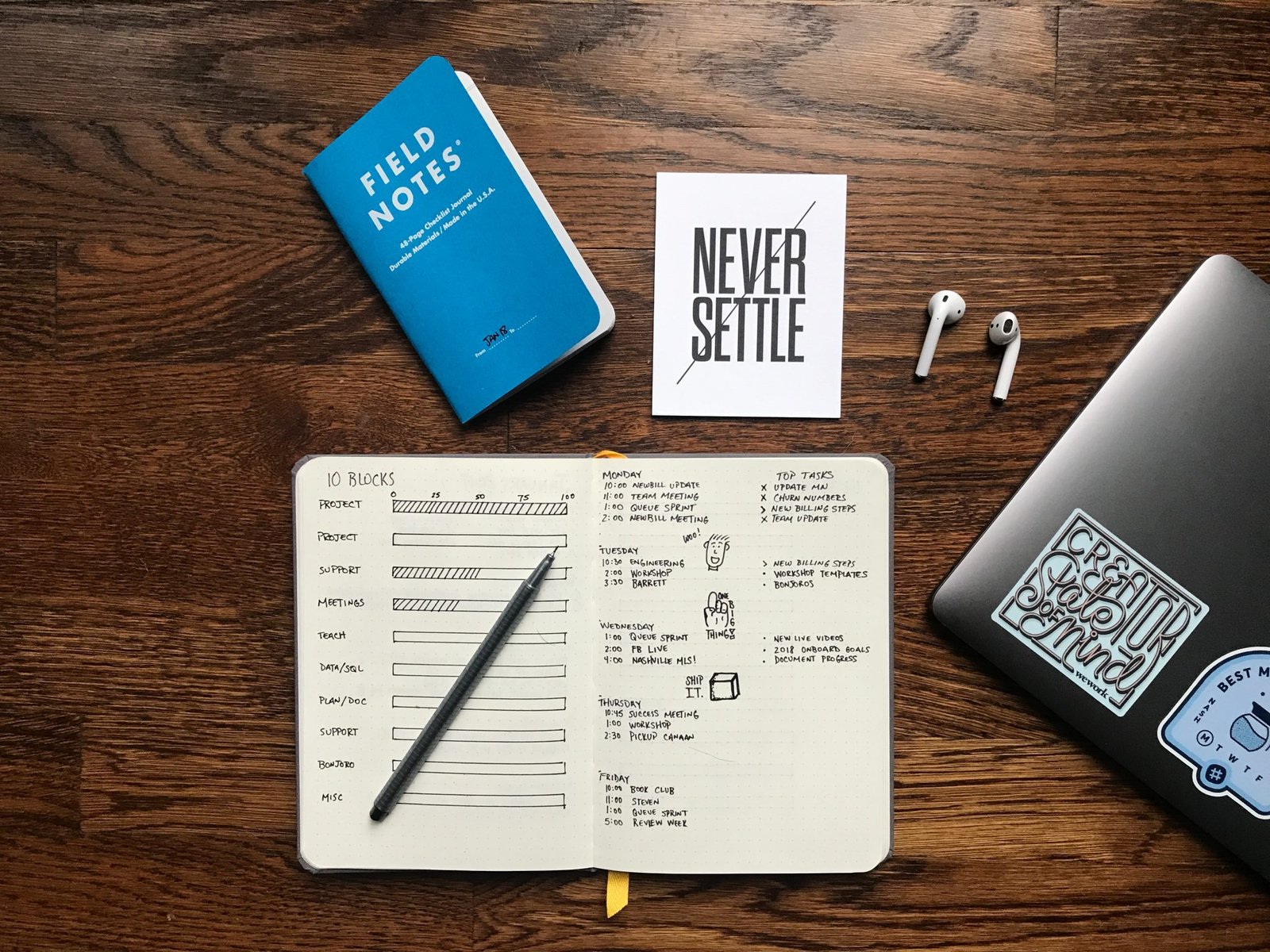
How To Continue Your Education After High School Without Financial Aid
Graduating high school opens up a world of possibilities for students; however, higher education does not come cheap.
In fact, students may accumulate an average of $34000 in debt after 4 years of college. Some students are lucky enough to receive financial aid in the form of scholarships, grants, and work-study programs. Nonetheless, not all students are eligible for financial aid. If your request for aid was denied and you do not want to compromise when it comes to your education, there are many solutions you can try to work around this problem.

Just keep reading to find out how you can handle college expenses without financial aid.
Use Your Savings
The first option you should turn to is your savings. If your parents have invested in saving up some money for college, then it is finally time to use these. Savings are always your safest choice because you will not have to repay any debts or work overtime if the money is enough to cover all your expenses. However, not all parents can save up for college fees, as their income might not allow it. In this case, you can start saving money yourself if you are still in high school. If you have already graduated, then you can take a year off to amass enough savings to pay your tuition. This solution may be disappointing for many because it entails putting your dreams on hold for a while, yet it is better than borrowing funds from lenders or relatives.
Get a Personal Loan
Unlike federal and private loans, personal loans do not fall under the category of financial aid. You can get a personal loan to pay for absolutely anything you need! Personal loans can be a last resort for students who cannot save enough to pay their full tuition. Additionally, you can apply for a personal loan to cover other college expenses like housing and supplies. According to the financial experts at www.Loanry.com, personal loans can be a great solution for students, as they are mostly unsecured, meaning that they do not need collateral. They also point out that you need to have a high credit score to become eligible for this type of loan. Alternatively, you can get a co-signer, preferably one of your parents. However, make sure your lender approves of using this loan to cover tuition fees since not all lenders allow borrowers to use personal loans for this purpose.
Get a Job
If you can already afford to pay a part of your tuition, but need some extra funds to pay the rest or get textbooks and whatnot, you should get a job as soon as possible. While your salary might not be enough to cover all your expenses, it can certainly help you better your financial situation. It might be tough to juggle between your classes and job, but it will be worth it in the end, not to mention that you will not have to pay back any debts after you are done.

Apply for Community College
Although your chosen college might be out of reach at the moment, it does not mean you have to give up your dreams. The 2+2 strategy might just be the thing you need. This strategy entails attending a community college for the first two years to obtain an associate degree. Then, you can transfer to your dream college to finish your last two years and earn a bachelor’s degree. Generally, local colleges are much cheaper, just around $3000, but there might be free community colleges near your place. So, by implementing this strategy, you will cut your expenses in half.
Do Not Live on Campus
You might need to trade off the dorm room experience for a cheaper option. Although living on campus can be extremely fun, it may not be feasible without burning a hole in your pocket, as the average cost of living on campus can amount to $12,000 per year. If your house is nearby, you can always commute daily to your school. Yet, if this is not possible, consider sharing an apartment with a group of friends. Thus, the rent will be much lower than the cost of a dorm room.
With the increasing cost of tuition and other college supplies, many students find themselves unable to pursue their dreams without financial aid. Still, if you are not eligible for financial aid or simply do not want to utilize it, there are many other options you can opt for instead. Getting a job, applying for a personal loan, using your savings, and living off-campus are just a few solutions for your conundrum. Thus, you can receive the education you seek without breaking the bank!









